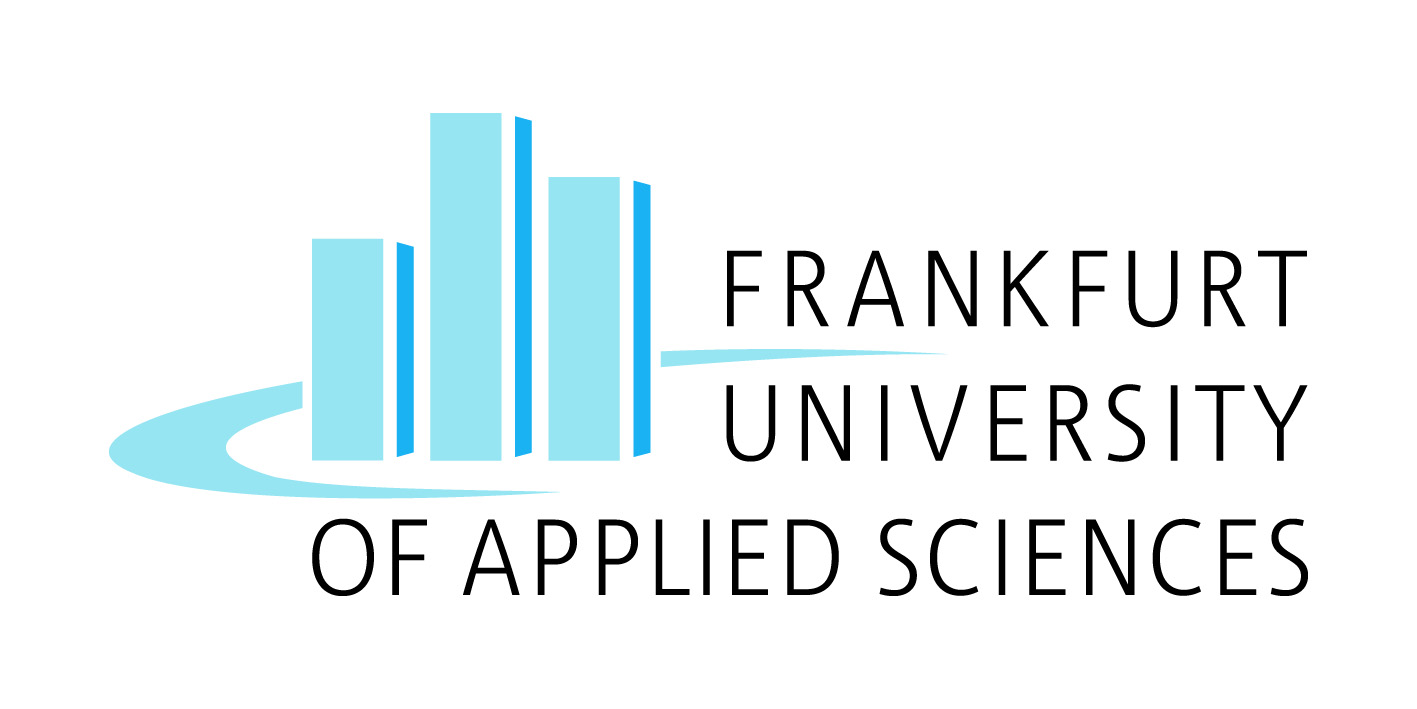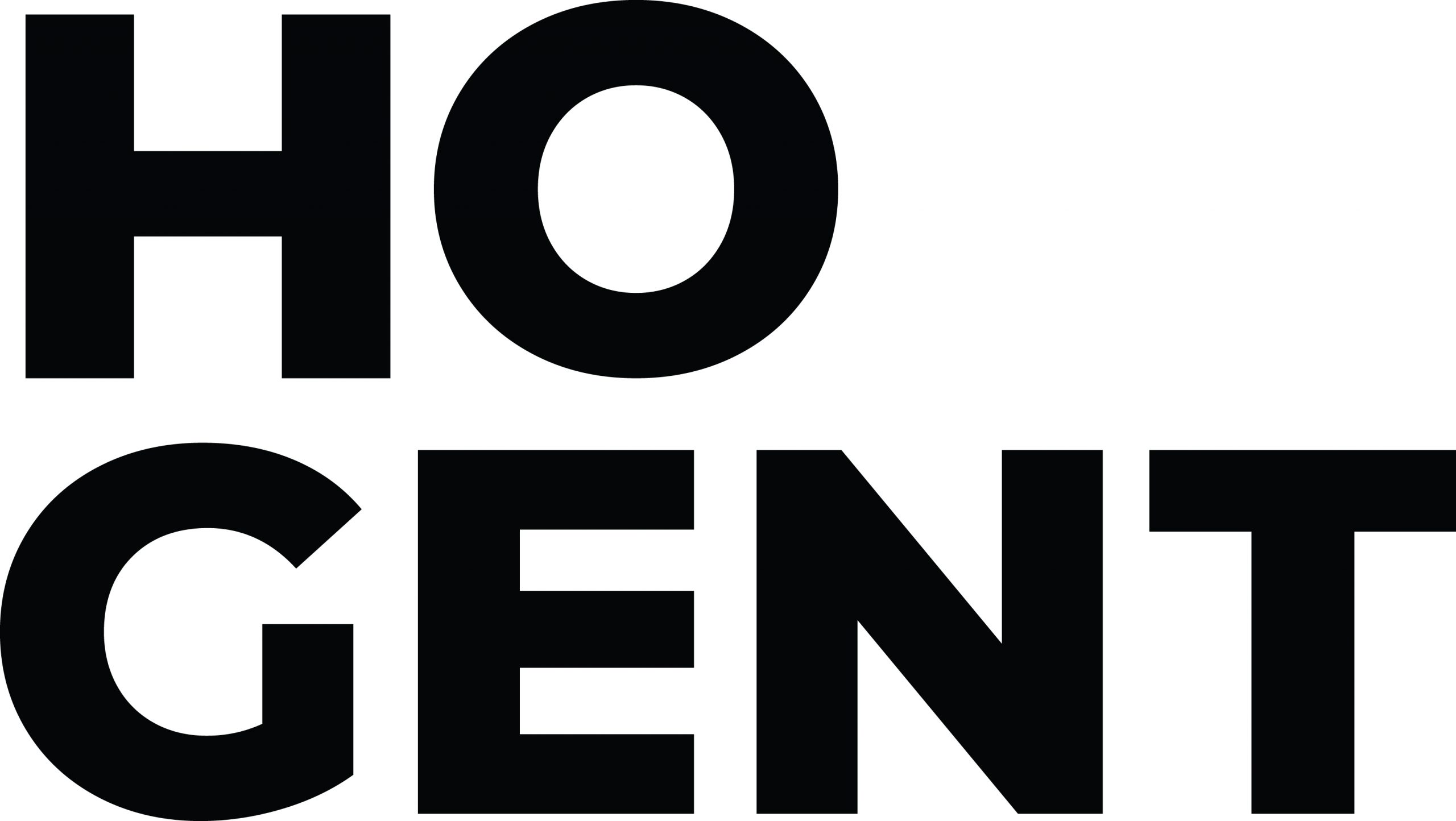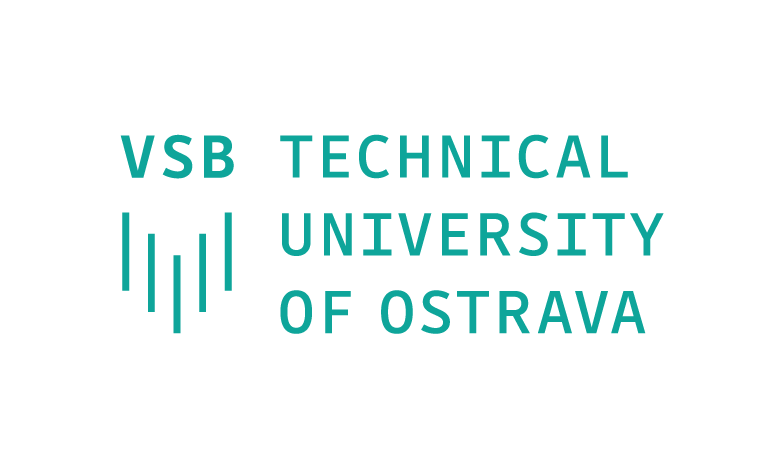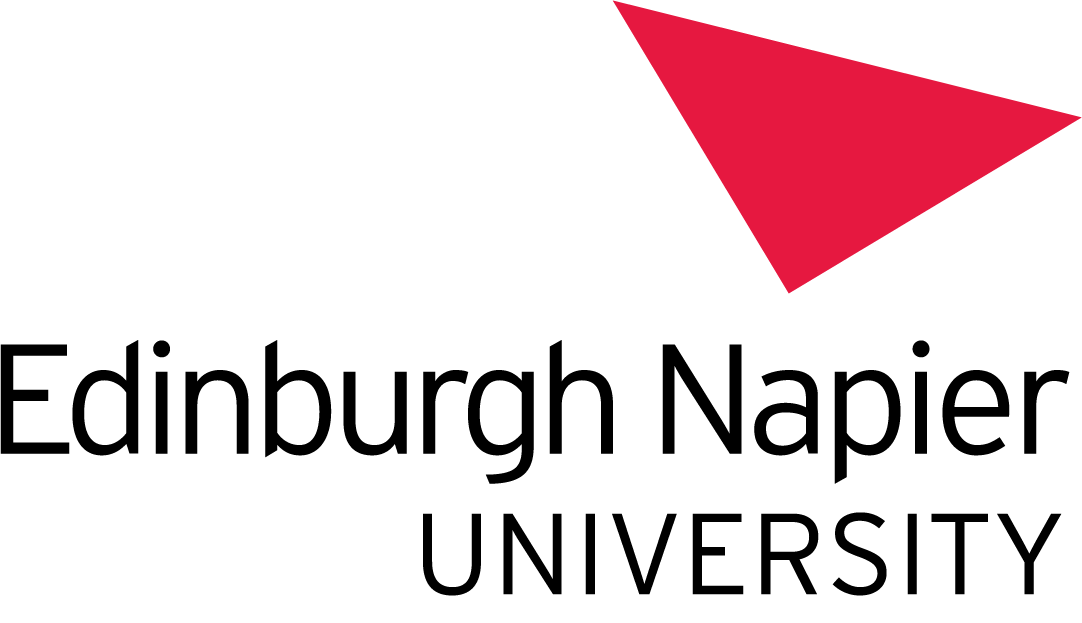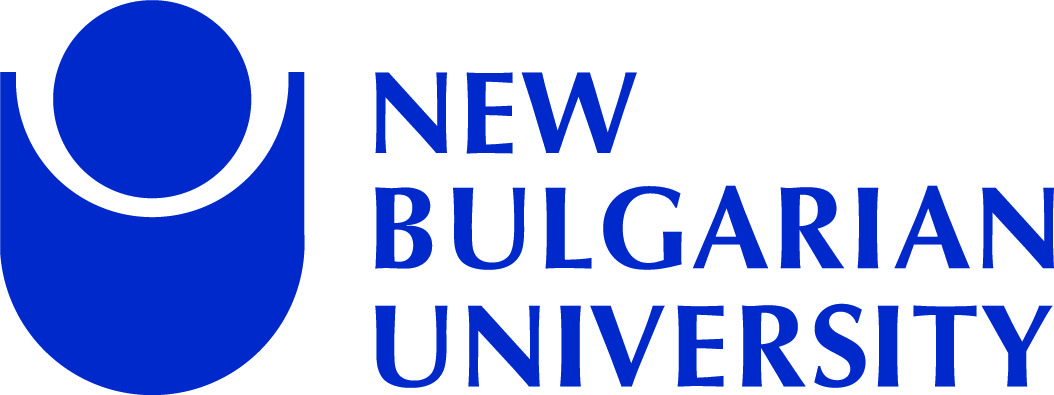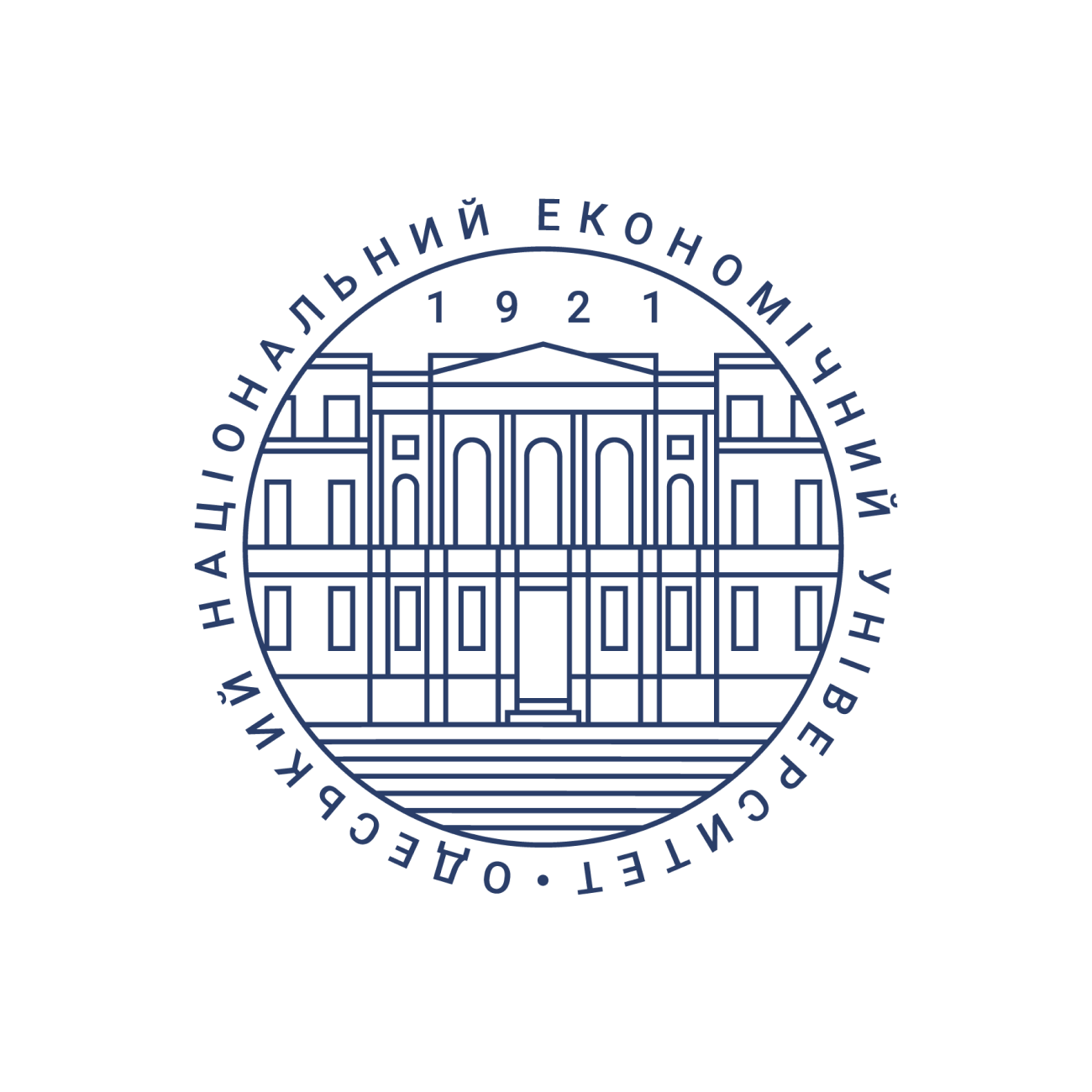Stories
International Days focus on HOGENT’s versatility.
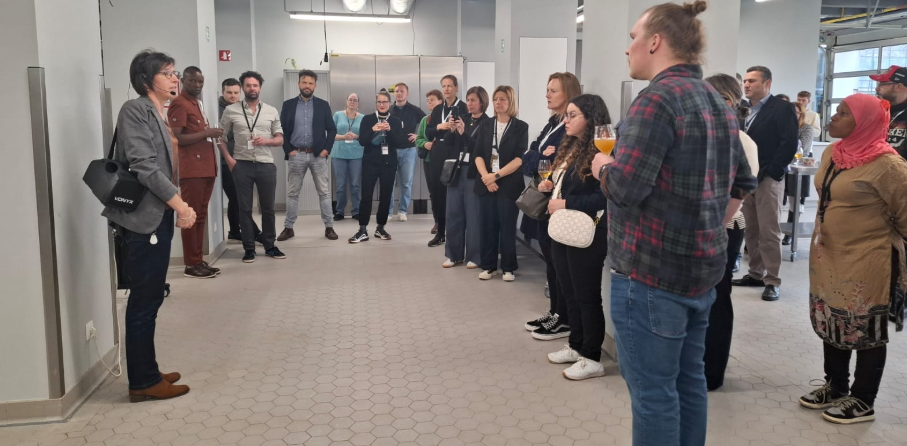
Previous editions focused on an umbrella theme with various keynotes on content by internal and external speakers. This edition, the International Days were integrated into the Week Without Borders in which study programmes were given the opportunity to organise activities for students on social challenges in collaboration with other study programmes, research centres, the professional field and international partners.
With the HOGENT International Days, a programme for teachers, researchers and other staff of international partners was linked to this. The aim was to acquaint them with HOGENT’s versatility.
On Wednesday afternoon, for instance, the HOGENT vision on education and research and the nexus between the two was extensively explained by Robin Stevens (director of educational affairs) and Els Stuyven (director of research affairs) and through some inspiring practical examples.
Furthermore, tours included the FTI Lab, the Bottelare test farm and a visit to the brewery (pictured above), the bakery lab, the education lab, the environmental lab, the Move-it-Lab, the library, and a biodiversity walk on campus Schoonmeersen. On Friday, International Days concluded at School of Arts with a U!REKA staff training.
Connected knowledge
HOGENT-president Koen Goethals stressed the importance of knowledge sharing at the opening of the International Days. He called the universities of applied sciences ‘organisations of connected knowledge’: connected to society and involved in what lives and moves at a social, cultural and economic level, and stressed that as a result, they must also have the courage to play their role: ‘In a world facing complex challenges – climate change, social inequality, disruptive technological developments, geopolitical tensions – we have the responsibility to act as “agents of change”. We can shape the future more sustainably and equitably by working together, pooling expertise and participating in meaningful social discussions,’ he stated.


